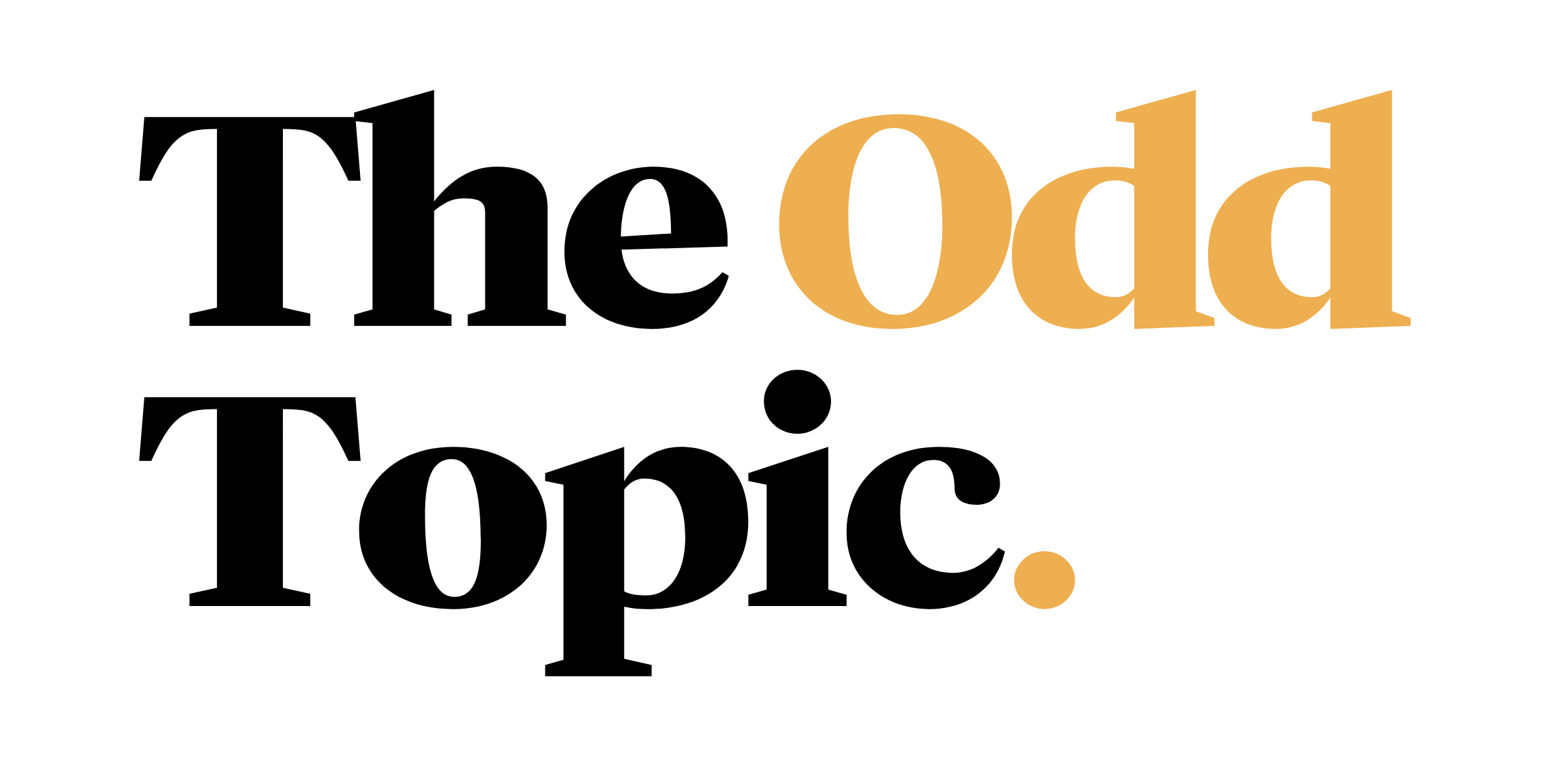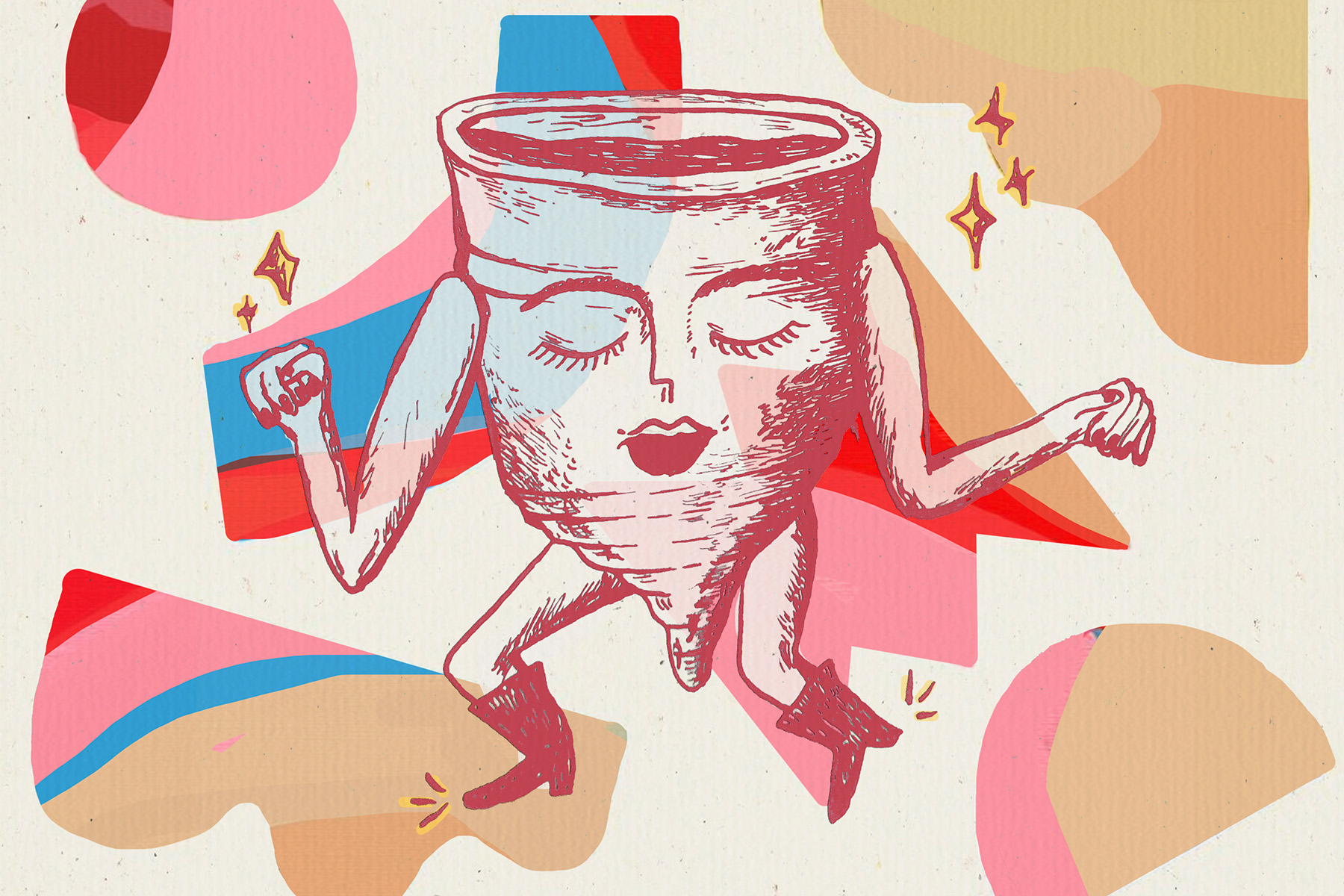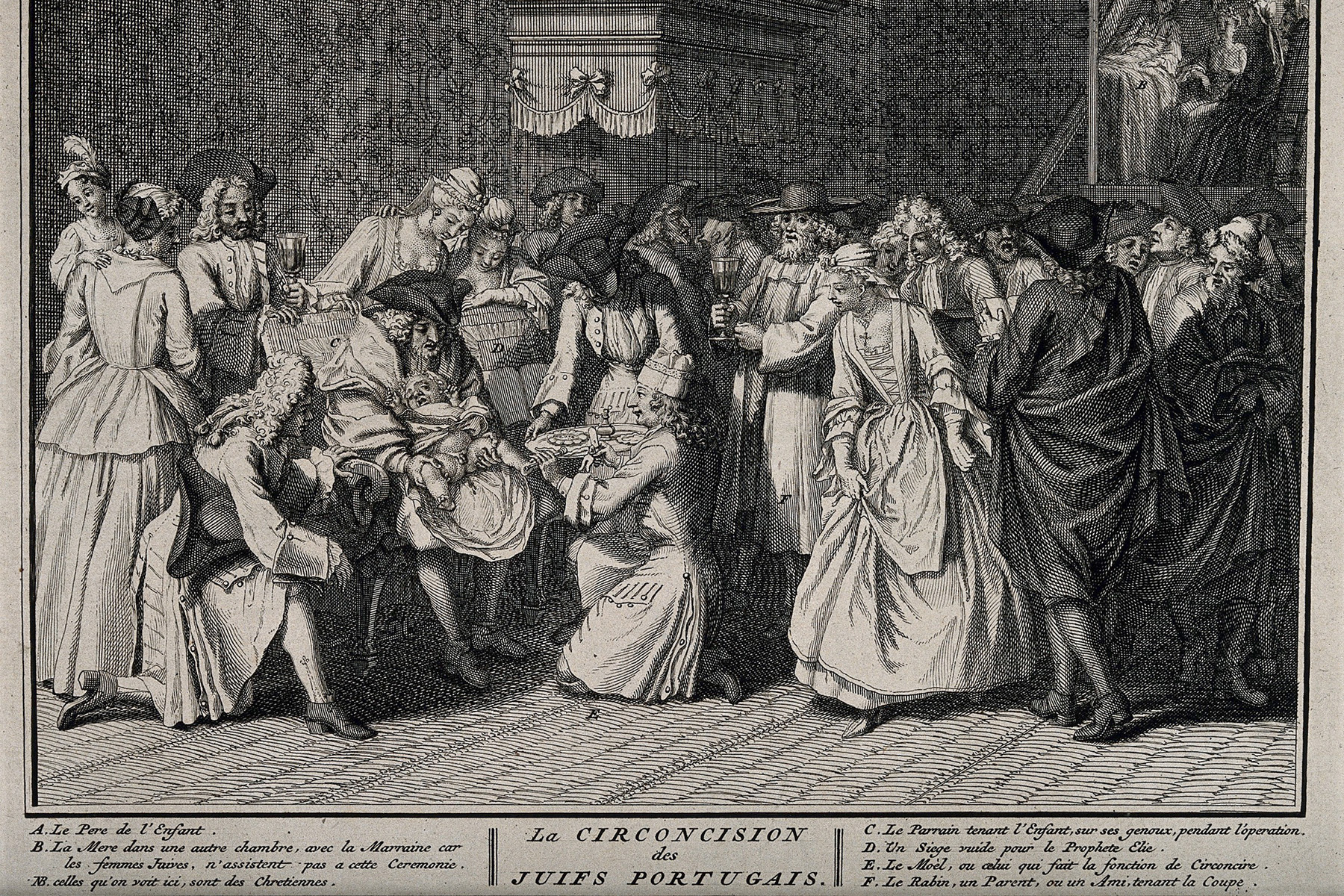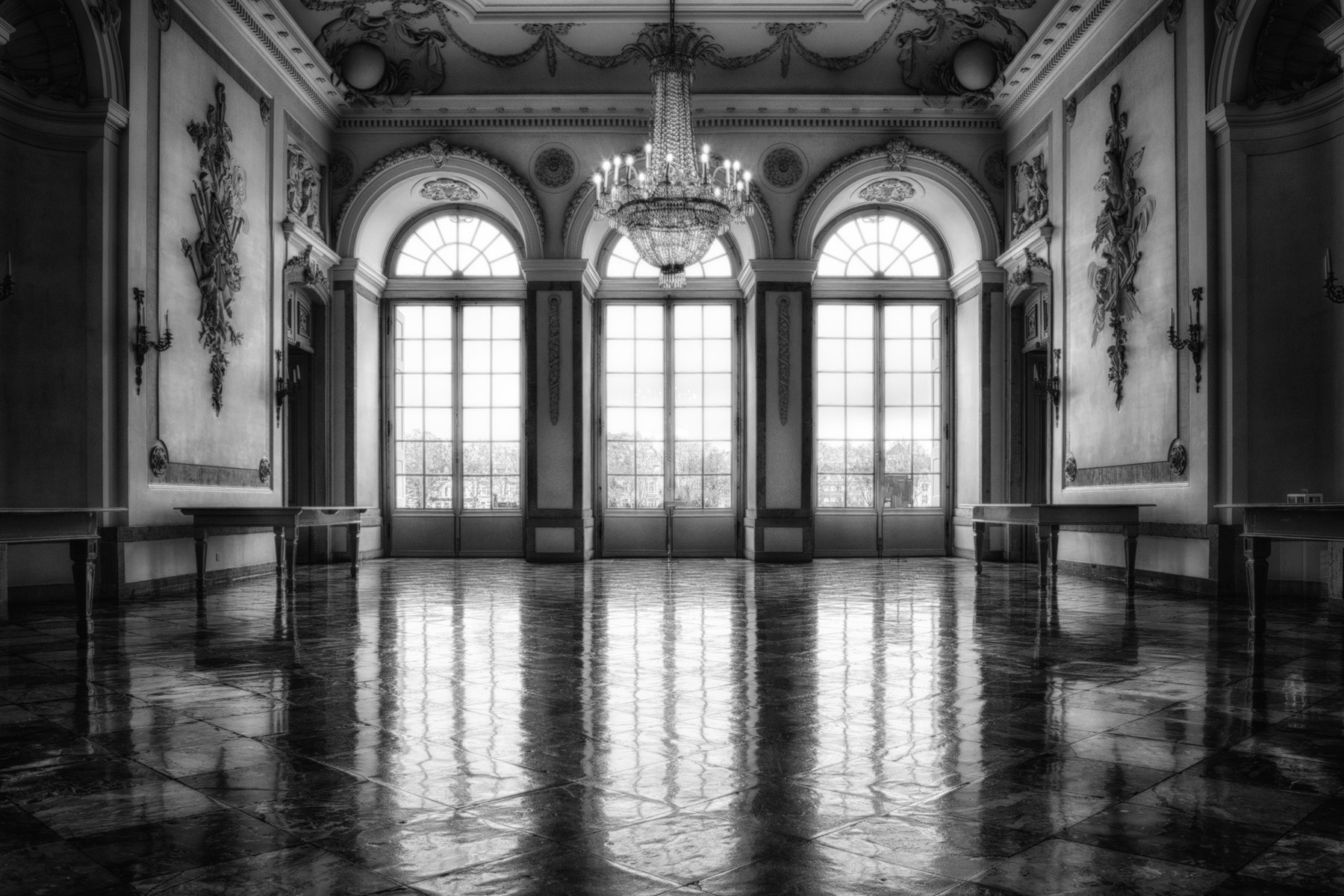In my late teens and early twenties, the questions of my identity weighed heavily upon me. I felt that it mattered so much how I presented myself to the world, and how others perceived me therein. To me, labels mattered a lot.
I am a woman, I am a feminist, I am bisexual.
I am a runner, a reader and a writer.
But identities can shift, and I frequently questioned if the labels I had given myself continued to hold true. If I’m running less now than I was when I was training for a marathon—or maybe not at all—am I still a runner? If I don’t write down my thoughts every day, or consistently contribute to larger pieces, am I no longer a writer? Is being a runner or a writer purely based on action, or is it in part a state of mind?
And what about my sexuality, this incredibly fluid thing that we nonetheless feel the need to define at a relatively young age? For many people, sexuality doesn’t really play a role in their identities and coming of age; most people fall far enough into the heterosexual camp that discovery of sexual identity may almost be a moot point.
But for the small (though perhaps growing) percentage of us who fall somewhere on the other side of the spectrum, discovering—and subsequently coming to terms with—a sexual identity can be slow and agonizing. When I started university, not even 10 years ago, bisexuality was somewhat controversial. Many people—my friends, my parents, the media—said they did not understand bisexuality. Some went so far as to say it did not exist; you were either straight, gay, or kidding yourself. Society wanted clear-cut groups, black and white, this or that, and bisexuals threaten that way of thinking.
We are the grey area, the in-betweeners, the this and the that. And that can make people uncomfortable. I myself got confused a lot during this discovery process. History, media, culture: everything was gay or straight. No one talked about bisexuality, and yet there I was. But without many examples of what being bisexual looked like, I thought I had to be one or the other; when I had a crush on a girl I thought I was gay, but then a boy would catch my eye and I would think, I guess I’m straight after all, then gay, then reassured to be straight once more. Why was this so hard?
Having an identity that many people deny makes it very difficult to wear that badge proudly, or even understand it in the first place. But eventually, I understood that I didn’t fall on one side of the spectrum or the other, but somewhere in the middle. As soon as I realized this, I told everyone I knew that I was bi. Still, it got repressed. When I had a girlfriend, everyone assumed that I was gay and when I had a boyfriend, everyone assumed that I was straight.
When I was less sure of myself, and less confident in just being the ever-changing and growing me, pinning a label to my identity helped me define myself, gave me a way to think about the world and my place in it. I know that the label someone gives me or the one I give myself doesn’t define who I am, but I also know that we live in a world where labels do matter, and where identifying with one group can completely change the way people think of you.
For example, I am a feminist, without caveats or explanations.
To me, saying I’m a feminist is natural, and I truly believe that all women—and most men—are feminists. But I know that a large majority of the population is not comfortable saying as much. So many of my (female) friends say they do not identify as feminists because they are scared to be seen as militant, as difficult, as polarizing, as man-hating, or, oddly, as lesbians.
Though feminism is a simple call for gender equality, the word carries with it decades of history and plenty of myths, much of which has been skewed to make feminists seem like bra-burning revolutionaries, rather than the normal and fair people that we most likely are. But to me, it is for this very reason that we as women must identify as feminists.
We can change the dialogue, create a new history. If I wear the label of Feminist proudly and I don’t burn my bra in public or spew hate at men—If I simply engage in reasonable conversation about topics relevant to all people—then perhaps I will help change the way others view this group and this word.
I know that many people don’t understand the need for a label; I wish we could all just be people, they might say. And while I would love to live in a world in which we could all just be people, we must acknowledge that it is usually those whose identity has never been questioned or caused them problems or lead to discrimination, who support this opinion.
It is very easy for a wealthy, white, heterosexual cis-gender male to question the need for labels. But for those of certain races, genders, sexualities and backgrounds, labels can be incredibly important, can help us understand who we are, lead us to communities of other people like us, and let us appreciate our histories and places in the world.
But we shouldn’t let labels define us. After years trying to figure out who I was, I started to doubt it. I had fallen for a girl, endured unrequited love, and driven myself crazy over the specifics of my sexuality. But then I got a boyfriend and wondered what on earth all that pain and angst had been about.
I don’t date that many girls; it’s more difficult to meet girls and without even trying to, I pass and present as straight. And, from a purely numbers perspective, there are far more straight men than there are gay or bisexual women. I know that I’m attracted to women, but sometimes I wonder—sometimes I worry—that I’m straighter than I once thought, that perhaps the few women that I have loved are in fact the outliers.
But does any of this actually matter? I don’t know. When I was asking myself and others these questions, those closest to me told me not to worry so much: you can be gay, you can be straight, you can be bi. It doesn’t matter. All you have to worry about is being Suzi.
Though not much older, and hardly any wiser, I no longer stress about my labels the way I once did. Perhaps this represents an increase of privilege in the identities I hold, or perhaps a blurring of the lines between my true self and the words that I attach to it. Either way, I heeded the advice of my loved ones and stopped worrying so much about the way I describe myself.
For the most part, my identity holds true, and I am who I have always been, but outside the core of my steady self are interests, ideas and sub-identities that come and go, grow and shrink and morph based on the person I am in that instant. I will always be a bisexual feminist with strong opinions and an argumentative streak, but like the world around me, I know that my beliefs and ideas are subject to change.
I urge everyone to heed the advice that very loving and kind people once said to me: you can be whoever you want to be. If you aren’t sure who that is yet, just take your time.




